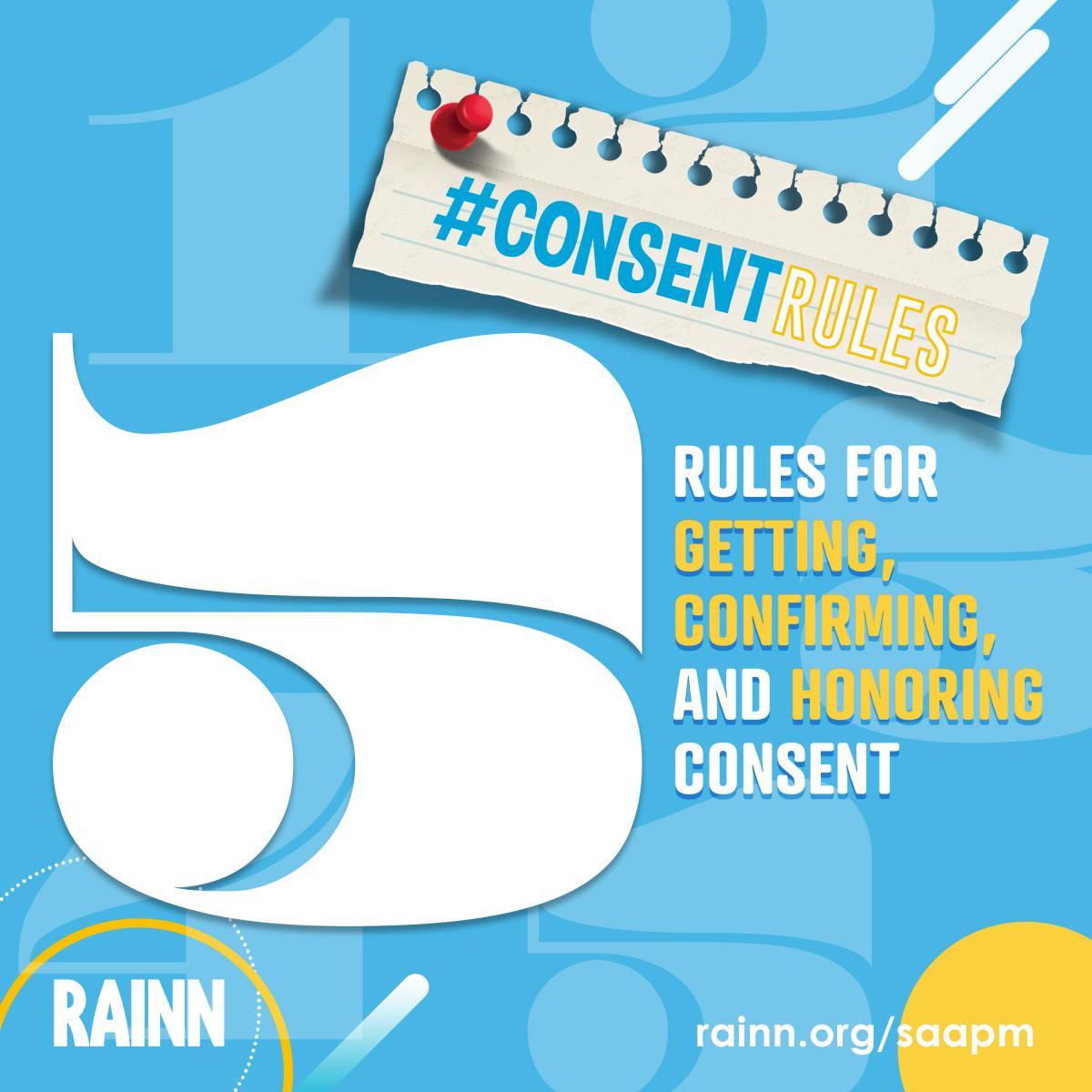This April is the 20th anniversary of Sexual Assault Awareness and Prevention Month, also known as ‘SAAPM.’ SAAPM’s origin is in heart of the Civil Rights Movement when Black women took the charge to fight for both racial equality and women’s rights. Today it has continued to progress and is recognized as an intersectional movement dedicated to both the awareness and prevention of sexual assault. At the Center for Behavioral Health, we are using the month of April to help promote the awareness of sexual assault and the lasting impacts it can have on your mental health.
According to RAINN, an organization dedicated to reporting accurate statistics surrounding sexual assault, every 73 seconds an American is sexually assaulted. Women and transgender people are groups more likely to experience assault, with RAINN reporting about one in six women being a victim of attempted or completed rape in their lifetime. It should also be noted that Indigenous populations are twice as likely to be sexually assaulted or raped compared to any other race. It’s also important to note that the impacts of assault can be lasting. 94% of women who are raped experience symptoms of post-traumatic stress disorder (PTSD) during the two weeks following the assault, 30% reporting symptoms lasting nine months after the assault, and 33% of survivors contemplating suicide.
Everyone has the potential to be impacted by sexual assault. Trying to understand these impacts can help us to promote healing and an intolerance for any form of sexual violence. There are many ways that we as individuals can help support a survivor of sexual assault as they potentially deal with depression, flashbacks, or effects from PTSD. A resource to offer is connecting to a Sexual Assault Service Provider. Professionals there can link the survivor to medical care and legal assistance. The closest location in Louisville is the Center for Women and Families, but you can search at the link below for your closest provider.
One of the best ways to support a survivor is by believing them and hearing their story. Instead of questioning and investigating, establish that they are immediately safe and then let greater authorities investigate and handle the situation. Even though you may be greatly upset, it’s not the best idea to threaten the perpetrator. Instead extend your support by listening, offering resources, and educating yourself. By checking in on them and trying to understand what they’re going through, you can be a super supporter! That being said, you are not responsible for another’s health. The Center for Behavioral Health is always here as a tool to support anyone, and we have a variety of therapists that are here for you! If you or someone you know could benefit from therapy or psychological support in this time, contact us at (502) 792-7011 or at behavioralhealth@spalding.edu.

You must be logged in to post a comment.